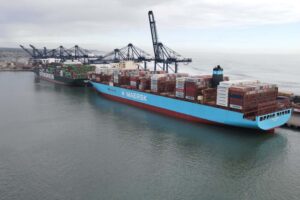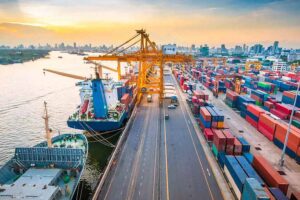The eHub is a global smart logistics hub constructed by Sinotrans and Zhejiang Hangzhou Airport Economic Development Company.
Recently, Sinotrans Co., Ltd. and Zhejiang Hangzhou Airport Economic Development Company formed a joint venture, marking the start of the Hangzhou eHub project in the Hangzhou Airport Economic Demonstration Zone.
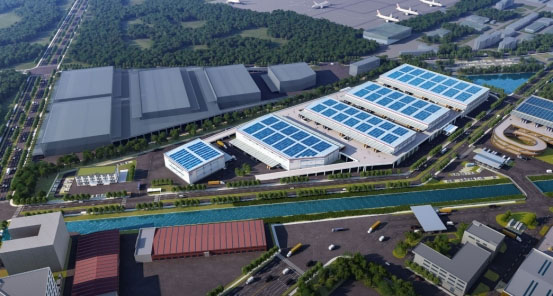
Sinotrans is the logistics platform of China Merchants Group. It ranks fifth globally and first in Asia for air freight forwarding. Currently, Sinotrans operates two cargo flight routes in Hangzhou, with three flights per week.
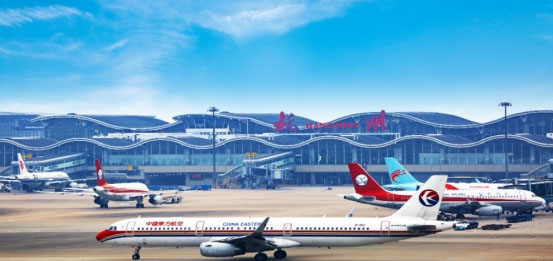
The eHub project is located at the east gate of Xiaoshan Airport. The first phase covers about 210 acres with an investment of around 1 billion yuan. It will include a 150,000 square meter warehouse and office buildings, as well as areas for cargo stations and cross-border logistics. The project aims to create a smart, efficient, and low-carbon logistics hub. Construction is expected to start by the end of the year and be operational by the second half of 2027.
The Global smart logistics hub is very useful for improving transport efficiency. Know about its function and use by reading this news: Smart logistics help Chinese firms stay ahead of curve
Yang Bo, chairman of the Airport Company, stated that air cargo is a crucial part of modern logistics and supports Zhejiang’s aviation development. With intense market competition, the infrastructure and logistics capabilities of airports are increasingly important. This partnership will leverage Sinotrans’ global expertise and the strong logistics foundation of Xiaoshan Airport to focus on cross-border e-commerce and extend the air logistics supply chain.
The Airport Company, a joint venture between Zhejiang Airport Group and the Hangzhou Airport Economic Demonstration Zone, is accelerating the construction of the air logistics hub. The zone has already completed important projects like the Hangzhou Bonded Logistics Center and the first phase of the international cargo terminal, which saw a 65.26% business growth in the first half of this year. The second phase of the cargo terminal, designed for large clients, will begin construction soon and support a cargo throughput of 1 million tons annually. These facilities, part of the future comprehensive bonded zone, will drive business innovation and integration.
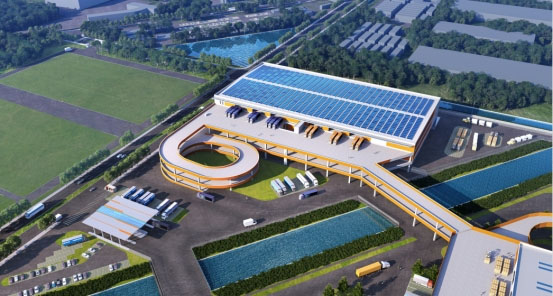
Industry experts believe these developments will enhance Hangzhou’s air freight competitiveness, support Zhejiang’s exports, and strengthen the airport’s logistics industry cluster, contributing to the creation of a national logistics hub in the region.



